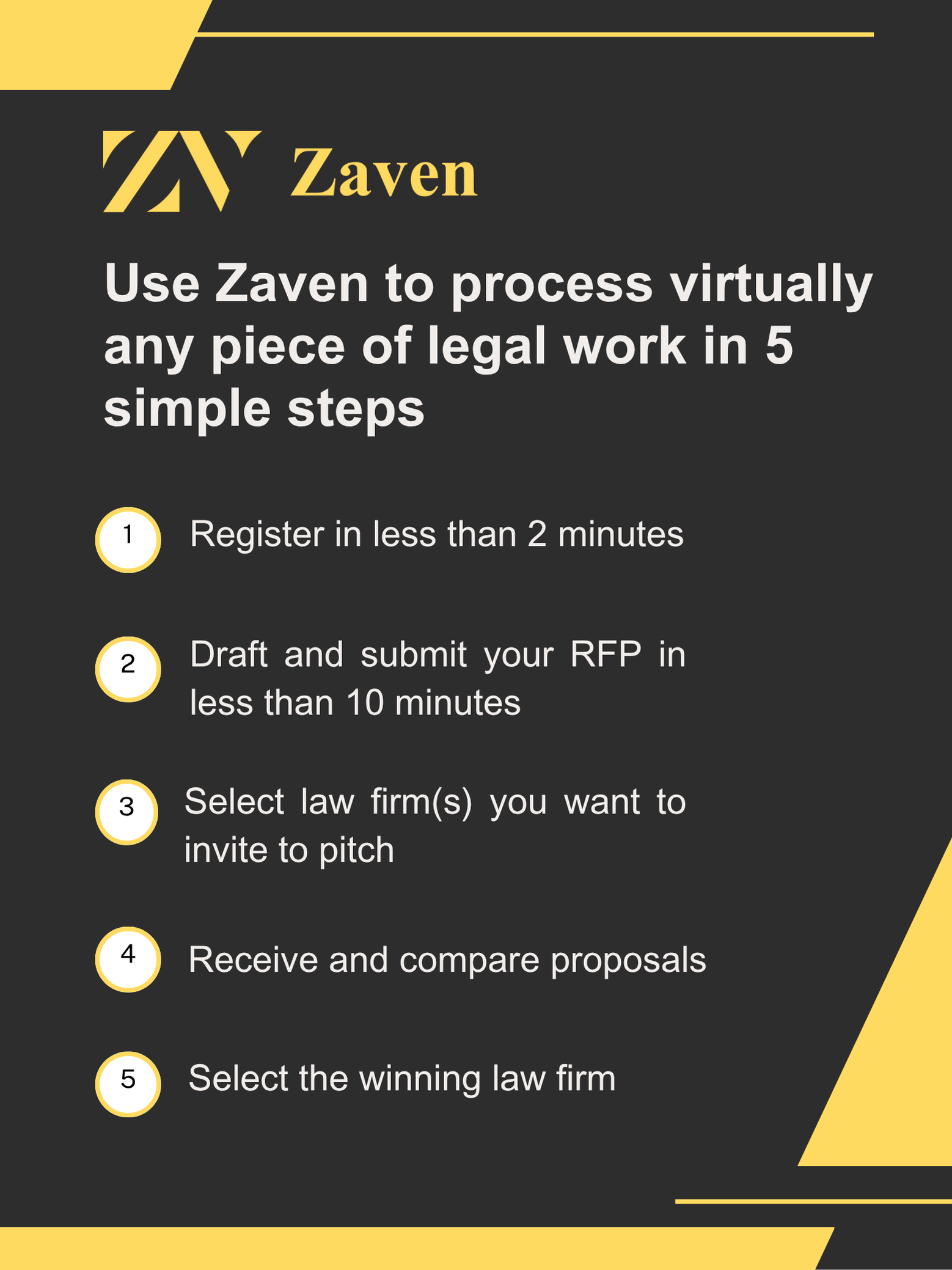Source: Forbes
In today’s complex business environment, companies face an increasing number of potential crisis situations. Forward-thinking organisations are now recognising the critical role that legal counsel can play in crisis management—not just during emergencies, but as integral members of prevention and planning teams.
The Strategic Value of Legal Involvement
Given the growing range of challenges that can trigger a crisis, companies should consider making legal counsel part of their crisis management teams. Attorneys bring unique perspectives that can be instrumental in identifying, preventing, and managing corporate emergencies.
As Cheryl Conner, CEO of SnappConner PR, shares from her experience with a client who faced a “catastrophic” multi-day system outage, legal insight can be crucial. When the CEO wanted to send a message expressing personal empathy to affected dealerships, legal counsel intervened with a more circumspect approach. “Had she expressed her full thoughts, especially before verification of how the problem had happened, the message would have been an open invitation to lawsuits,” Conner explains.
Early Prevention Is Key
“The advantage that inside legal and compliance counsel have in preventing or mitigating a crisis is that they have the opportunity to be involved at an early stage in the process,” notes Pete Wentz, executive director at APCO and former corporate general counsel. “They can often help head off a crisis by ensuring that it followed legal best practices in making its decision.”
This proactive approach can take many forms. For example, when handling sensitive employee terminations, legal counsel can ensure the organisation acts fairly and responsibly, helping to avoid discrimination claims or minimise their impact if they arise.
Brand Protection and Problem-Solving
“When a crisis strikes, [attorneys] become the shield of your business,” explains Joosep Seitam, co-founder of Icecartel. “A good lawyer understands how to handle it without making things worse. They guide you on what to say…and how to protect your brand legally.”
Beyond immediate crisis response, attorneys can implement preventative measures. Seitam recounts how his company’s attorney helped rewrite supplier contracts after delivery issues, preventing future problems. “In a sense, they’re problem solvers, guardians, and planners,” he observes.
Integration into Organisational Culture
Some organisations seek legal help only when trouble looms, while others integrate legal counsel into their regular operations.
“As legal counsel, I work to deeply understand our business, cultivate daily relationships across teams, and serve as a steady advisor,” says Chris Anderson, general counsel for Rayburn Electric Cooperative. “When a crisis arises, there must be no doubt harbored that my advice will be steady and effective.”
Larry Schooler, assistant professor at the University of Texas at Austin, suggests that while legal counsel doesn’t need to attend every executive meeting, including them in communication channels helps them identify potential crises before they emerge. “They also can provide better advice to decision-makers on how to mitigate a crisis if they understand what decisions are being made and why,” he advises.
Risk Assessment and Mitigation
Anderson emphasises that legal counsel should oversee risk assessment and mitigation efforts. At Rayburn Electric Cooperative, this approach is embedded in the company culture from top to bottom. “Our board and executive team identify key business risks and response strategies. But what sets us apart is our bottom-up approach: every business unit evaluates its own risks, scores them, and contributes to a living matrix we regularly revisit.”
Understanding Different Types of Legal Crises
According to Robert C. Bird, professor of business law at the University of Connecticut, companies face two types of legal crises: volatile and ambiguous.
Volatile crises include unexpected legal developments, such as new court interpretations of statutes or regulations that jeopardise business practices. “Firms can prepare for volatile legal crises by developing legal agility as an organisational trait and stockpiling resources for unexpected events,” Bird advises.
Ambiguous crises involve novel situations where organisations lack established response templates, such as watershed technological innovations like AI. In these cases, Bird suggests legal teams respond by “cooperating with regulators to develop new standards, encouraging self-regulation to avoid backlash responses from legislators, and careful experimentation with the new legal environment.”
Balancing Legal Caution with Business Needs
Including legal counsel in crisis management teams and exercises offers significant benefits, helping identify issues that might otherwise be overlooked. However, their advice should be carefully weighed against other considerations.
As the author notes from personal experience as a former association CEO, consulting legal counsel early is valuable, but so is maintaining perspective. Legal warnings about worst-case scenarios must be balanced against practical business realities to ensure that avoiding legal risks doesn’t create unnecessary public relations problems.
By integrating legal expertise into crisis planning and management, companies can build more resilient organisations better equipped to navigate today’s complex business challenges.
Read more: Forbes







